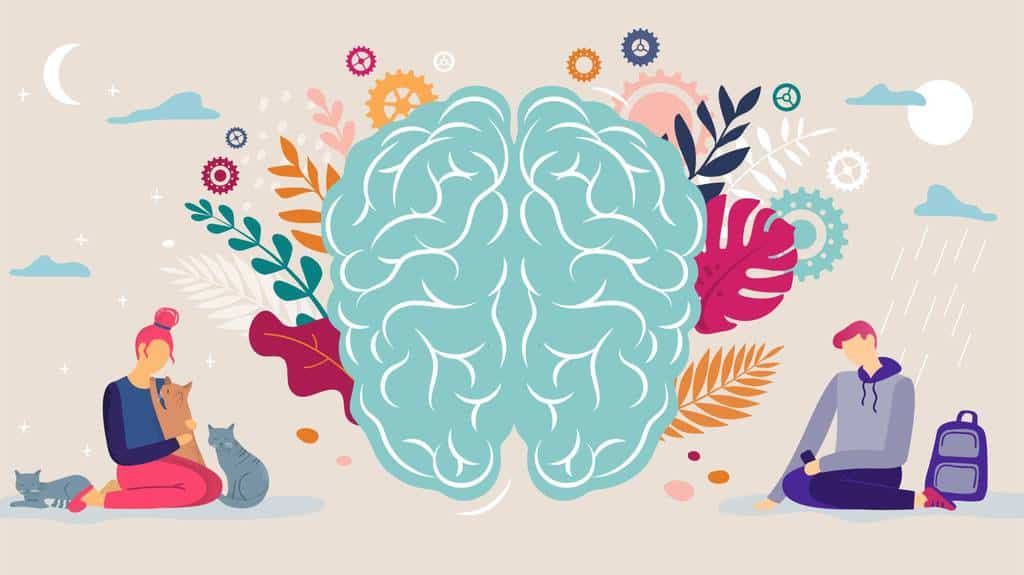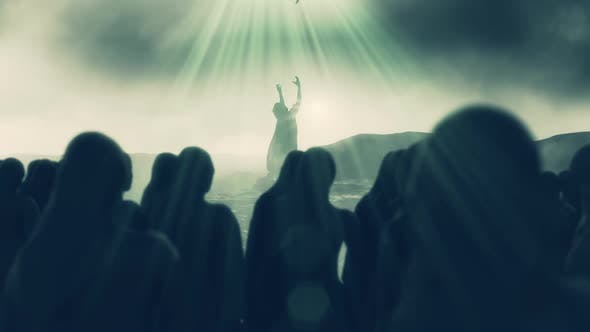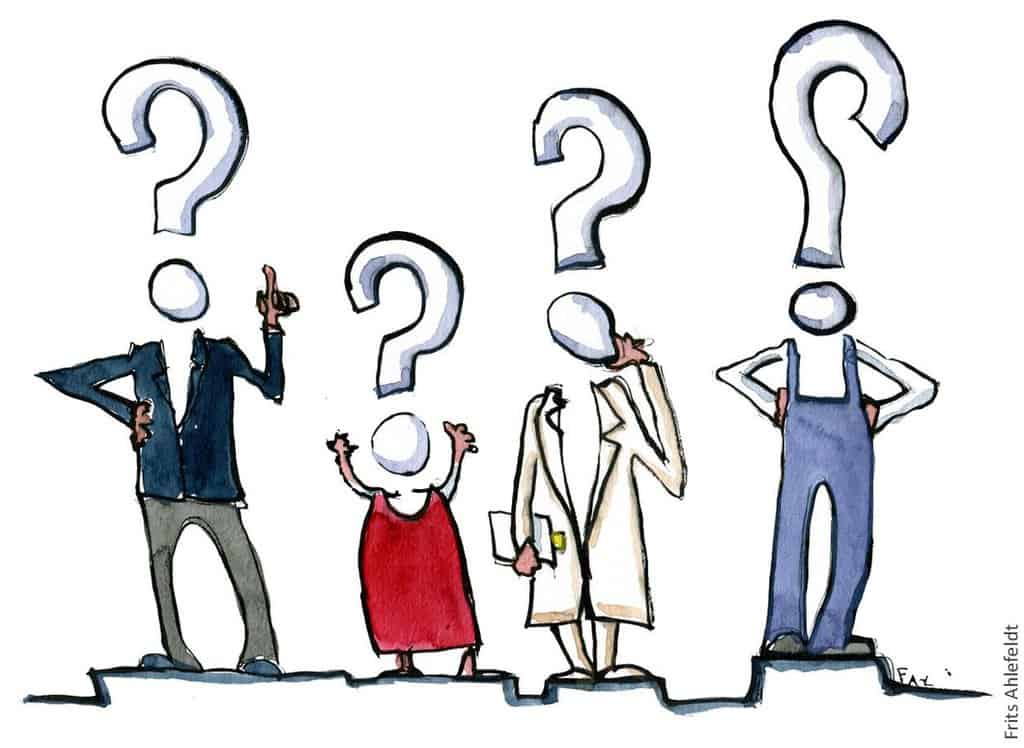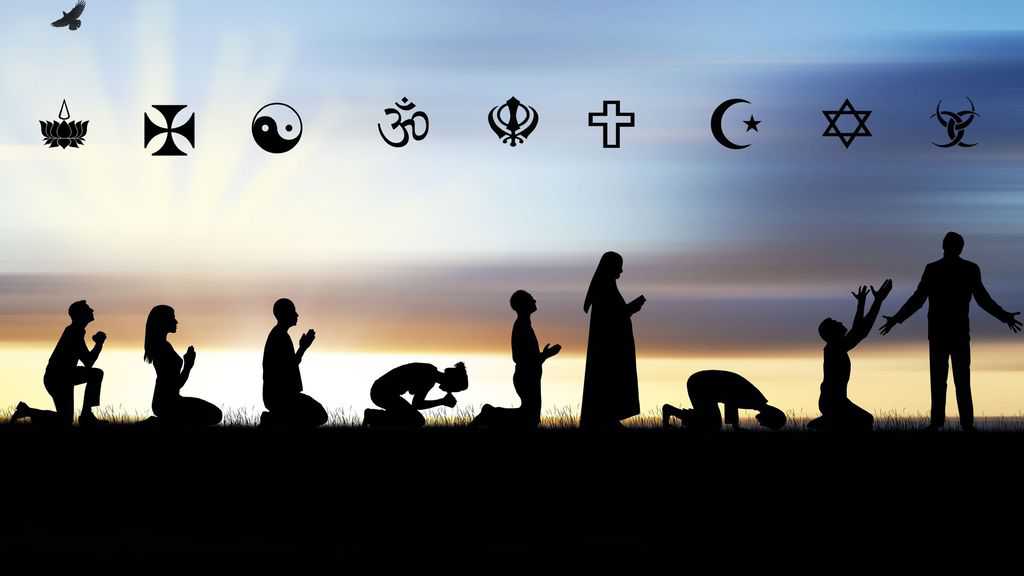Increasingly, the claim is made that religion, in its organized and traditional form, is a non-necessary human institution, and an obstacle to human progress and individual development. There are those resources in our world for which there is little doubt humans need categorically: resources like food, clothing, shelter, water, and so on.
In what sense, the question seems to be, can religion be placed in the general category of those things necessary for human life, such as shelter and food? In the context of necessities, we as people tend to focus simply on those material things human beings need for sustenance.

When we think of those things a person needs to survive, we think precisely of those things like food, shelter, and clothing. What we fail to think about are the nonmaterial necessities of human life: more abstract things like knowledge, virtues, emotional attachment, self-esteem, and so on.
Statistics for the poverty of these abstract, mental entities are far less common than statistics for the poverty of material things like food and money. However, they are just as essential for human life.

Religion, in its most common form, is an attempt to provide for man’s consciousness what food provides for man’s body: a kind of relief from being fallible, being without purpose, and being without answers to basic questions.
An essential fact of human beings is that we are fallible. By fallible, I refer of course to the fact that we are liable to making mistakes. Our senses give us optical and auditory illusions that fool us, and our mind creates images in the form of hallucinations. Every person, no matter how intelligent, commits errors in judgment. With all of these facts, it makes sense why the God of Catholicism is commonly referred to as “infallible” (Toner).

The infallibility of an omniscient godhead means the knowledge He provides is perfect knowledge and cannot contain errors. God gives his followers the advantage of knowing. Knowledge, we might say, is one of the most important assets human beings can possess. It is the mental grasp of the facts of reality, and is necessary for the rational evaluation of facts and information vital to the survival of all human beings.
Giving man His knowledge, God manages to make man confident in the information he is acting upon. When the information it is believed God has given is true, it also makes man more likely to act on principles and to act with success.

However, when the information it is believed God has given is false, it puts man at great risk to follow commands irrationally, even after the word of God has been contradicted by the facts of reality. Thus, in one sense, God seems to increase knowledge, but on the other hand, it also seems God decreases knowledge.
An integral part of being human is understanding the function of objects. The coffee table before me was constructed for a purpose; whether for aesthetics or for holding up coffee in the morning, the coffee table exists for some reason. Naturally, people question the purpose of their own existence.

Internally, there really is no good answer to the question as it relates to human life. When we look internally for purpose, we might find an answer to the purpose of our own lives, but that answer fails to answer why other people (human life in general) exist. The supernatural explanation is a look to the external for answers; it provides a convenient look into purpose and function.
It is this look into the external for answers, and for knowledge, that forms the essence of all religions. Thus, each religion must establish both a doctrine and an authority, where “authority” refers to a reason to believe the doctrine. Once a religion has both of these characteristics, a religion can be spoken of as a response to a universal human problem: namely, that of limited knowledge.
Catholicism constructs its doctrine from the teachings of Jesus Christ and from the writings of the Bible and justifies its authority from the infallibility of an omniscient God.

Buddhism constructs its doctrine from the teachings Buddha and justifies its authority from Nirvana: the state of higher enlightenment from which the teachings of Buddha emerge. The polytheistic theology of Ancient Greece constructed its doctrine from the myths and beliefs of the community, and justified its authority from the supernatural forces the Greeks used to explain and rationalize everyday events.
All of these theist doctrines gave the religious community some insight into what was really going on, beyond the appearances.

Religion offers for most people the easiest and most approximate means to infallibility available. In the absence of another source for very basic philosophical questions, religion fills the void by at once extolling doctrine in addition to structurally justifying it with some other portion of doctrine (such as omniscience of the godhead, Nirvana, or uncontestable mythology).
- What Is Aromatherapy Vs. What Are Essential Oils?
- What is La Tomatina in Bunol, Spain Like? What to Expect at the Famous Tomato Throwing Festival
According to Catholicism, religion is “the voluntary subjection of oneself to God” (Aiken). If we stop to think about exactly why a person would subjugate himself or herself to God, perhaps there is only one reason central enough to human existence: knowledge.

All fear, to some degree, emerges out of a lack of knowledge. For instance, we do not so much fear the hurricane merely for the pain and destruction it may cause, but for the fact that we do not know the extent of the pain and destruction it will cause. Religions, including Catholicism, answer questions relevant to both our practical and philosophical realities, and do so in a way that all people can understand.

The philosopher Schopenhauer once wrote, “Religion is the metaphysics of the masses; by all means let them keep it” (Schopenhauer 8). This insight lets us know that religion is an interpretation of life, and a means of combating mental poverty: an epistemic, religious, ethical, and aesthetic attempt at deriving the best from life and dismissing the worst.


















